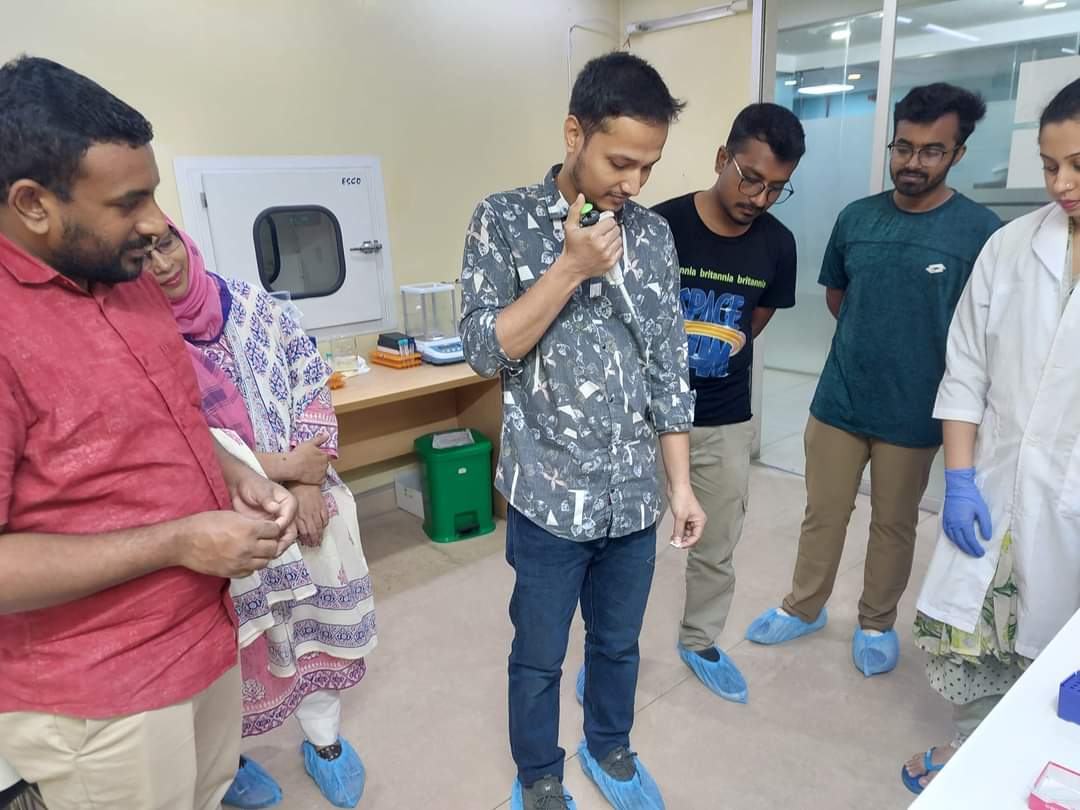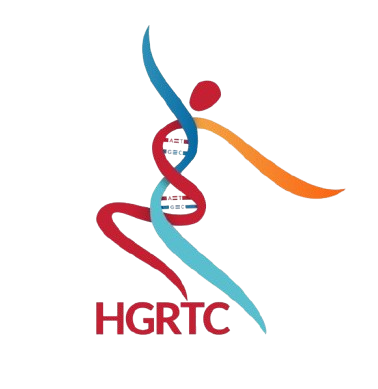
The Future of Genetics and Genomics Education
The Future of Genetics and Genomics Education The rapid advancements in genetics and genomics are revolutionizing our understanding of biology and healthcare. This transformative field is poised to have a profound impact on various aspects of human life, from personalized medicine to agriculture and environmental conservation. As such, the future of genetics and genomics education is crucial for equipping individuals with the knowledge and skills necessary to navigate this evolving landscape. Key Trends Shaping the Future of Genetics and Genomics Education: Integration into Diverse Fields: Healthcare: Genetics and genomics will become an integral part of medical education, enabling healthcare professionals to provide personalized treatment plans based on individual genetic profiles. Agriculture: Understanding genetics will be essential for developing genetically modified crops, improving agricultural yields, and ensuring food security. Environmental Science: Genomics can be used to study biodiversity, understand ecosystems, and develop conservation strategies. Biotechnology: Genetic engineering and synthetic biology will require a deep understanding of genetics and genomics for innovation and applications. Computational Genomics: Data Analysis: The ability to analyze large-scale genomic datasets will be a core competency. This will involve proficiency in bioinformatics tools and programming languages. Machine Learning: AI-driven methods will be used to identify patterns, predict disease risks, and develop new therapeutic targets. Ethical Considerations: Privacy and Data Security: Education will emphasize the importance of protecting genetic data and addressing ethical concerns related to genetic testing and discrimination. Social Implications: Students will need to understand the social and ethical implications of genetic technologies, such as gene editing and genetic engineering. Interdisciplinary Approaches: Collaboration: Genetics and genomics will increasingly intersect with other fields, such as sociology, anthropology, and philosophy. This will require interdisciplinary collaboration and education. Global Perspective: Education will need to address global challenges related to genetics, such as infectious diseases, genetic diversity, and equitable access to genetic resources. Educational Strategies for the Future: Early Exposure: Genetics and genomics should be introduced at the K-12 level to foster interest and understanding. Hands-on Learning: Experiential learning, including laboratory work and computational projects, will be essential for developing practical skills. Online and Distance Learning: Flexible learning options will be crucial for reaching a wider audience and accommodating diverse learning styles. Lifelong Learning: Given the rapid pace of advancements, continuous professional development will be necessary for staying updated. In conclusion, the future of genetics and genomics education is bright and full of opportunities. By equipping individuals with the necessary knowledge and skills, we can harness the power of these fields to address pressing global challenges and improve the quality of life for all.
